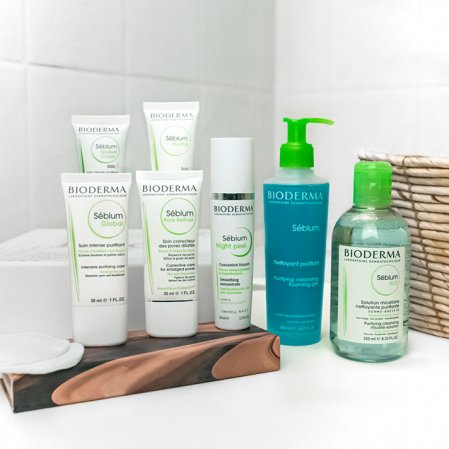Parent-teenager relationships when acne starts to develop
The idea is to always be there, help absorb the shocks and provide support during difficult moments, even if you make mistakes.
Whatever you say, however you say it, it’s always better than saying nothing at all. I encourage parents to try their best and never to be discouraged or give up.
Adolescence is characterised by conflict with lots of different emotions all coming together. During this period, the skin can express many contradictory things.
It is important for parents to avoid thinking of acne itself as a problem.
Rather than their teenager has hormonal acne and that this creates problems for them. Or not, as the case may be. They might get along very well in spite of it. Even if they have acne, they may well behave normally, accept the situation, have lots of friends and enjoy different activities. If their attitude and development seem unaffected, you don’t necessarily need to talk about it.









